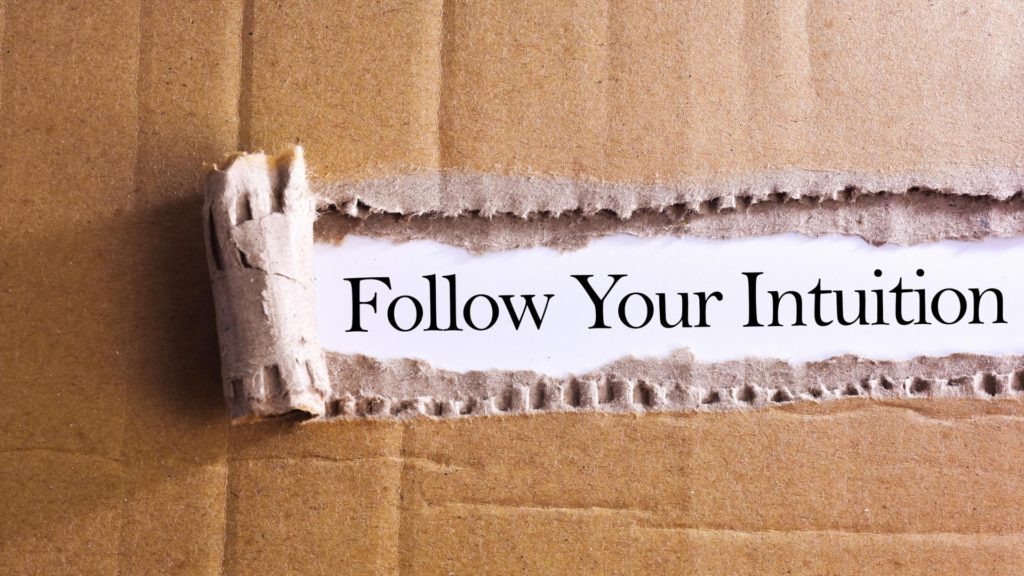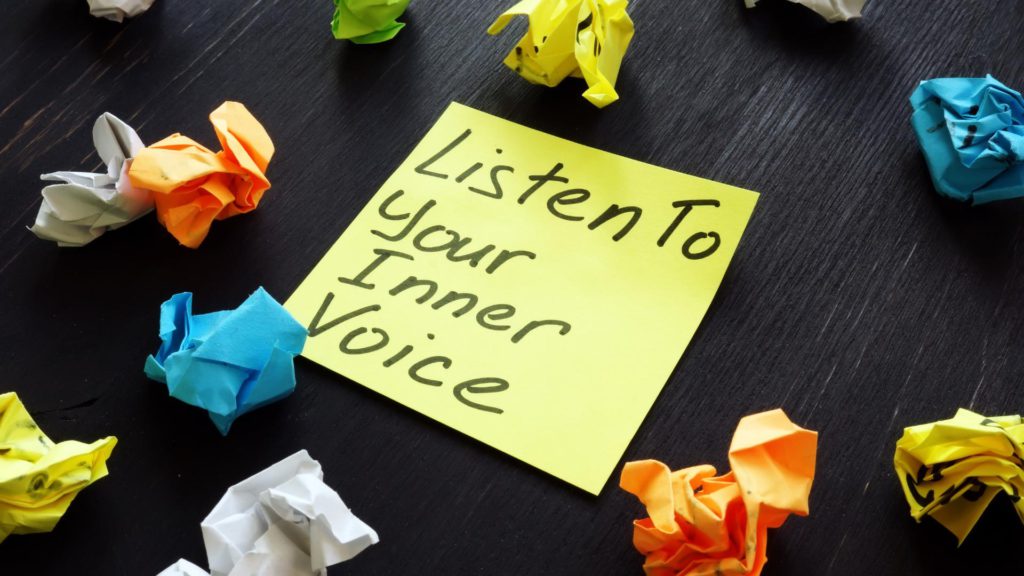There’s a moment many people reach on the healing path when they pause and ask,
“Wait… is this my intuition speaking, or is it just fear?”
It can be confusing, especially if you’ve lived through trauma or grew up having to constantly second-guess yourself.
You feel something in your body, but you’re not sure if it’s a warning or a trigger.
That’s when self-trust starts to wobble. So let’s talk about it.
Because learning to trust your inner voice again isn’t about forcing clarity, it’s about learning to listen underneath the noise.
The Confusion Makes Sense
If you’ve made a choice that felt right in the moment but later hurt you, or if your body reacts strongly and you don’t know why, you’re not crazy.
You’re not broken.
Here’s what’s likely happening: your nervous system and your intuition are both trying to communicate.
And unfortunately, they speak in similar ways—through sensations, gut feelings, emotions.
If you’ve experienced pain, especially early on, your body may have learned that discomfort = danger… even when that’s no longer true.
So that tightness in your chest when someone gets close?
It might be a red flag. Or it might be an old wound waking up.
Intuition Feels Clear. Trauma Feels Loud.

Here’s one way to begin telling the difference:
- Intuition is clear, calm, and grounded, even if it’s telling you something difficult.
- Trauma is fast, loud, and emotionally charged. It feels like urgency, chaos, or shutdown.
Intuition says: “This doesn’t feel aligned.”
Trauma says: “If I don’t get out now, I’ll fall apart.”
Intuition whispers.
Trauma screams.
But that doesn’t mean trauma is wrong, it’s just trying to protect you in the only way it knows how. That part of you deserves compassion, not judgment.
And the more you understand it, the easier it becomes to choose from clarity instead of reaction.
This Isn’t About Getting It Perfect
Let’s be real—sometimes you’ll get it wrong. That’s okay.
The goal isn’t to become perfectly intuitive overnight. The goal is to build a real relationship with your inner world. One where you can pause and ask:
- “What part of me is speaking right now?”
- “What is this feeling trying to protect?”
When you start working with both your conscious and subconscious mind, you begin to see where your survival instincts got wired into your decision-making.
The more you meet those younger, protective parts, the ones who had to stay hyper-aware to feel safe—the less they need to hijack the present.
You start responding instead of reacting.
How to Rebuild Trust with Your Inner Voice

This takes time, but you can start here:
- Slow down. Intuition doesn’t rush. If something feels frantic, pause before acting.
- Tune into your body. Where are you feeling it? Is it tight, frozen, panicky or grounded, steady, open?
- Check the story. What belief is behind the feeling? Is it rooted in the past, or in the present?
- Meet the fear. Gently ask the part of you that’s scared: “What do you need to feel safe?” That one question can shift everything.
Every time you do this, your system learns:
It’s safe to listen.
It’s safe to trust.
It’s safe to choose.
You’re Learning a New Language
If your intuition has felt unclear or out of reach, it’s not because you don’t have one.
It’s because your body learned to survive and now, it’s learning how to live from something deeper.
You’re not broken for needing clarity.
You’re not behind for still feeling unsure.
You’re exactly where you need to be:
Coming home to yourself, one feeling at a time.
The more you slow down and listen with curiosity instead of judgment, the clearer it all becomes.
Your intuition never left. It’s just been waiting for the stillness it needs to speak.


